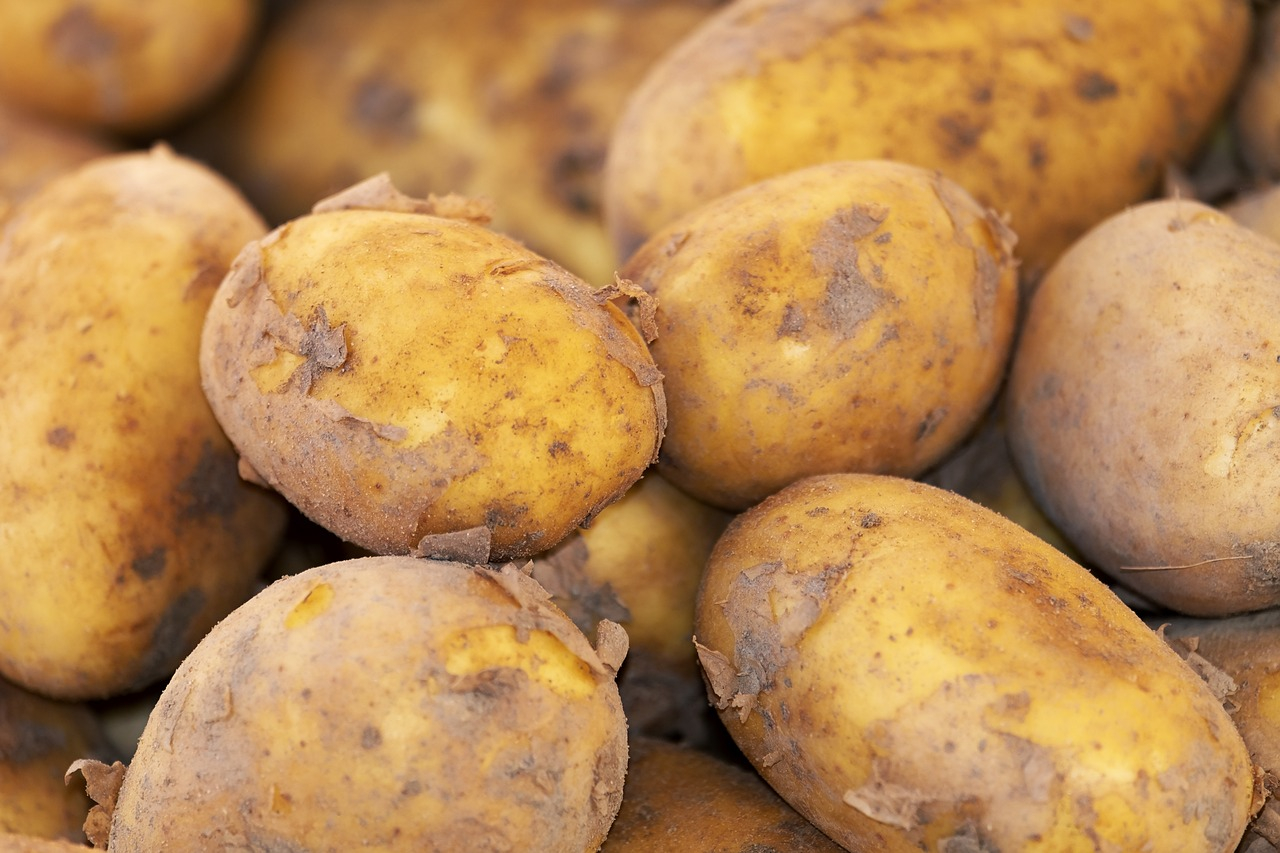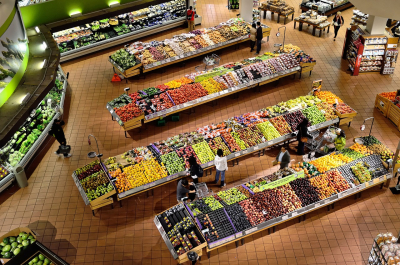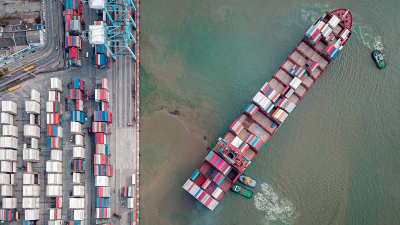Industry expansion in Alberta
The significant growth of Alberta's potato industry began around the turn of the millennium when major french fry producers McCain and Lamb Weston established processing plants in southern Alberta. New Brunswick-based Cavendish Farms also expanded its footprint by acquiring Maple Leaf Potatoes and investing $430 million to enlarge its Lethbridge facility, creating a plant the size of seven football fields and employing 238 workers upon its opening in 2019.
Today, 73% of the potato acreage in Alberta is dedicated to processing frozen potato products and potato chips. This expansion is partly fueled by rising demand in Asia, as noted by the Potato Growers of Alberta. Alberta exports potatoes directly to Asia and the United States, filling gaps left by U.S. exports sent overseas. Leigh Anderson, a senior economist with Farm Credit Canada (FCC), highlighted the positive outlook, stating that consumption in Asia and Eastern Asia is expected to grow significantly in the coming years.
Alberta surpasses Prince Edward Island
Alberta's potato production has not only grown but has also shifted the balance of potato production in Canada. As of 2022, the Prairies and British Columbia accounted for 45.6% of the country's potato production, with Alberta overtaking Prince Edward Island (P.E.I.) as the top potato-producing province. The overall economic impact of the sector in Alberta is valued at $2.87 billion CAD, according to the Potato Growers of Alberta.
The role of McCain Foods
McCain Foods, a major player in the industry, has made substantial investments in Alberta. The company announced a $600 million investment to double the size of its Coaldale plant, a move that has been described as a significant development for the sector. Alison Davie, a potato grower and owner of North Paddock Farms, emphasized the excitement and opportunities this expansion brings, allowing existing farms to expand and new farms to emerge.
Weather and consumer preferences: Ongoing challenges
Despite the positive growth trajectory, the potato industry in Alberta faces several challenges. Southern Alberta's climate, characterized by sunny days and cool nights, is generally favorable for potato cultivation. However, persistent droughts in recent years have posed significant risks. The availability of irrigation has mitigated some of these effects, and the Potato Growers of Alberta highlight the importance of ongoing upgrades to irrigation infrastructure.
Leigh Anderson from FCC pointed out the uncertainty of weather conditions, stressing the importance of sufficient rainfall or snowfall to maintain irrigation canals. Another potential challenge comes from shifting consumer preferences. French fries, a staple across Canadian restaurants for over 15 years, face competition from emerging food trends favored by Generation Z, such as noodle, rice, or grain-based bowls that typically do not include fries. Vince Sgabellone, a food service industry analyst with Circana Canada, noted that the preferences of Generation Z will shape the future of the food industry and the demand for french fries.
Optimism and future prospects
Despite these challenges, there is considerable optimism about the future of Alberta's potato industry. The sector's appeal is evident in the relatively young age of potato farmers, who are almost a decade younger than the average farmer. Alison Davie noted the influx of young people into the industry, attracted by the opportunities and potential for growth.
Alberta's potato industry is on an impressive growth trajectory, supported by substantial investments and rising global demand, particularly from Asia. While the industry faces challenges such as unpredictable weather and shifting consumer preferences, the sector's resilience and adaptability, combined with a young and enthusiastic workforce, position it well for continued success. As Alberta solidifies its status as Canada’s leading potato producer, the future of the industry looks promising.
source: CBC


 Are you thinking about investing in real estate in Albania? Looking for a safe and profitable opportunity? Balfin Real Estate
Are you thinking about investing in real estate in Albania? Looking for a safe and profitable opportunity? Balfin Real Estate The issue of tariffs has gained significant attention in Canada following months of warnings from U.S. President Donald Trump. Tariffs
The issue of tariffs has gained significant attention in Canada following months of warnings from U.S. President Donald Trump. Tariffs The Canadian government has taken decisive action following new U.S. tariffs. Prime Minister Justin Trudeau announced immediate countermeasures after President
The Canadian government has taken decisive action following new U.S. tariffs. Prime Minister Justin Trudeau announced immediate countermeasures after President

